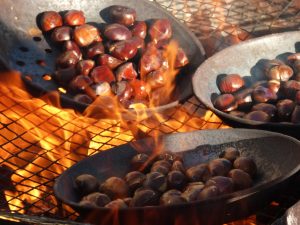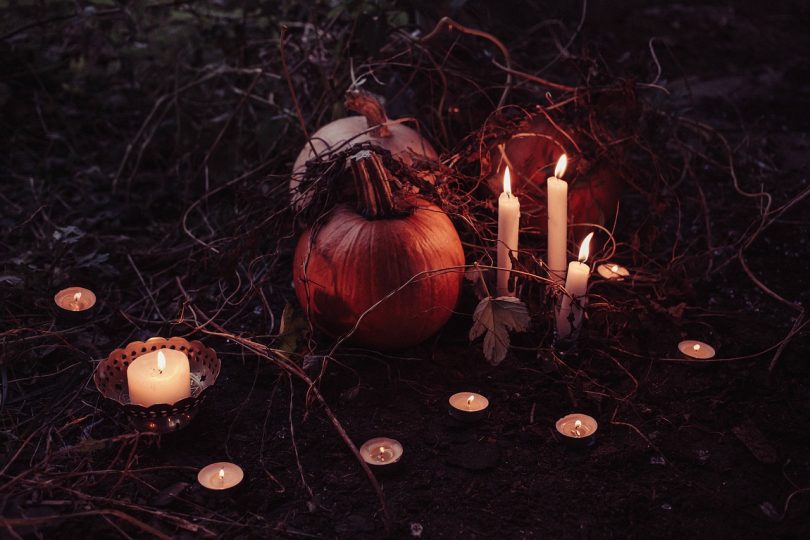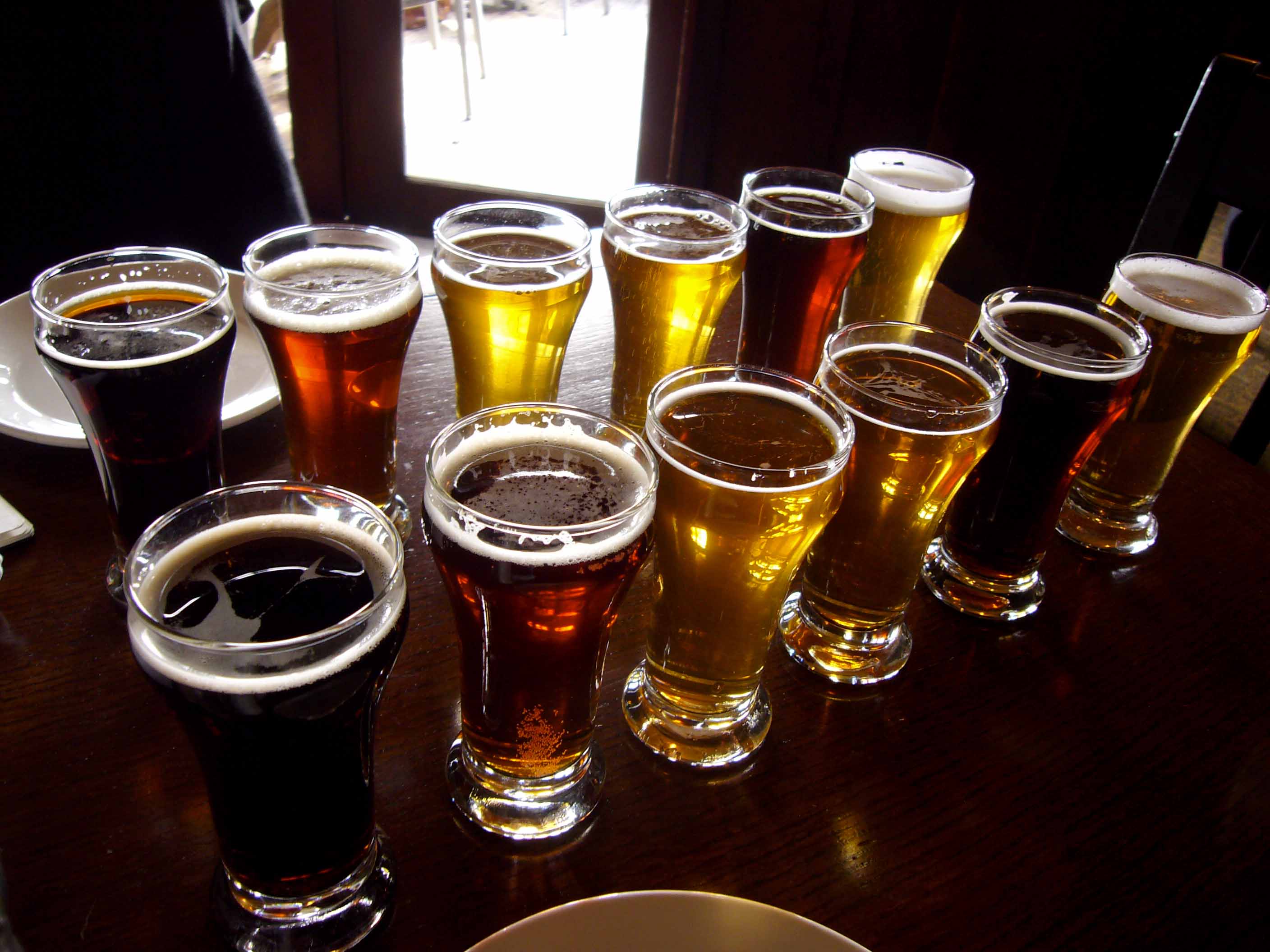On November 1, Catalonia, along with many other parts of the world, celebrates two similar traditions that each year have more and more followers. These are Castañada and Halloween, two celebrations based on an ancient tradition that have similar characteristics but many differences as well. In order to help you get to know these two celebrations and learn what distinguishes them, today the ShBarcelona blog will be talking about the similarities and differences between these two holidays that share a similar motif; death. Both festivals commemorate this inevitable phase of life that each and every culture recognizes and regards differently.
Related article: Why Choose Barcelona As A Halloween Destination?
Table of Contents
Similarities between Halloween and la Castañada



Photo via Pixabay
As we’ve covered, the biggest similarity between these two celebrations is the attention to death. They each provide a moment for recognition and remembrance for those who are no longer with us, and each of these holidays have their own way of celebrating that moment. Traditionally, Castañada is a funerary ritual, in which loved ones commemorate their deceased by eating seasonal food produced by the earth at the time. This generally includes chestnuts, sweet potatoes, fruit confit and special elaborate desserts prepared for this day whose basic ingredients include sugar, almonds and sweet potatoes. All of these foods, as you can probably infer, are fairly calorie-heavy, helping to ease the transition into more the inclimate weather of late fall. Halloween, on the other hand, is a celebration with pagan origins related to All Saints Day, which in turn is related to Castañada. This holiday also focuses on the theme of death, the beyond and the darker elements of funerary culture, but with more of a sense of dark humor then actual commemoration of the dead. The trademarks of this holiday are the tradition of dressing in costumes, sometimes imitating dark figures, watching scary movies and going door to door asking for candy, although this last practice is more common for celebrations in the United States.
Related article: All Saint’s Day in Barcelona
Differences between Halloween and Castañada



Photo via Pixabay
The origins of the Castañada are rooted in funerary meals that took place in the 18th century with the goal of honoring the deceased. On this day chestnuts, sweet potatoes, fruit confit, legumes and panallets, a traditional Catalan dessert. Recently, the festival has consisted of reuniting with the family to eat these traditional foods together, and many families move the celebration to the night of October 31. On November 1, families congregate and head to the cemeteries to visit the tombs and graves of their loved ones to honor and remember them. Halloween, on the other hand, has roots in a mix of two traditions; All Saints Day, a Christian celebration commemorating the saints and souls that have ascended to heaven, and the tradition of Samhain, a pagan celebration considered to be the Celtic New Year. This holiday blends fun, celebratory elements with the theme of death, creating a dark but much-anticipated celebration, which takes place on October 31.
Which celebration do you prefer?





















Leave a Comment